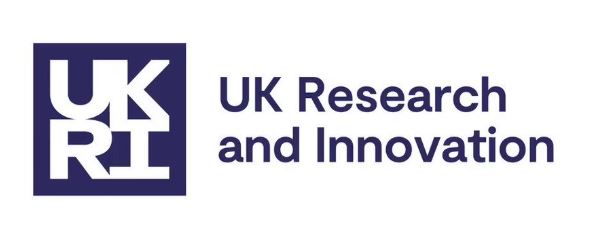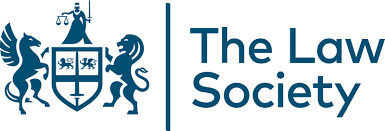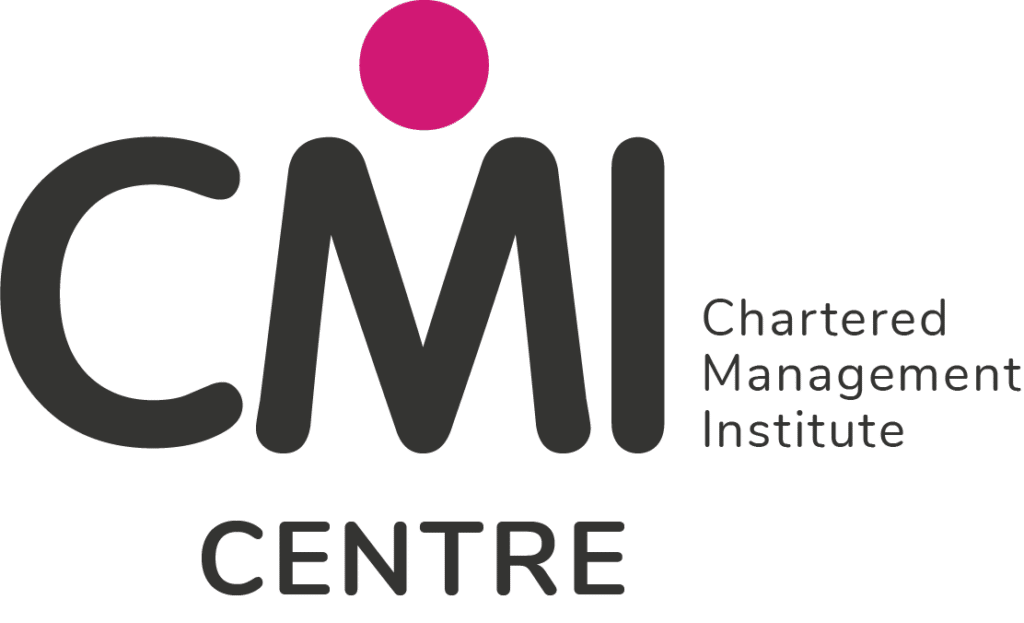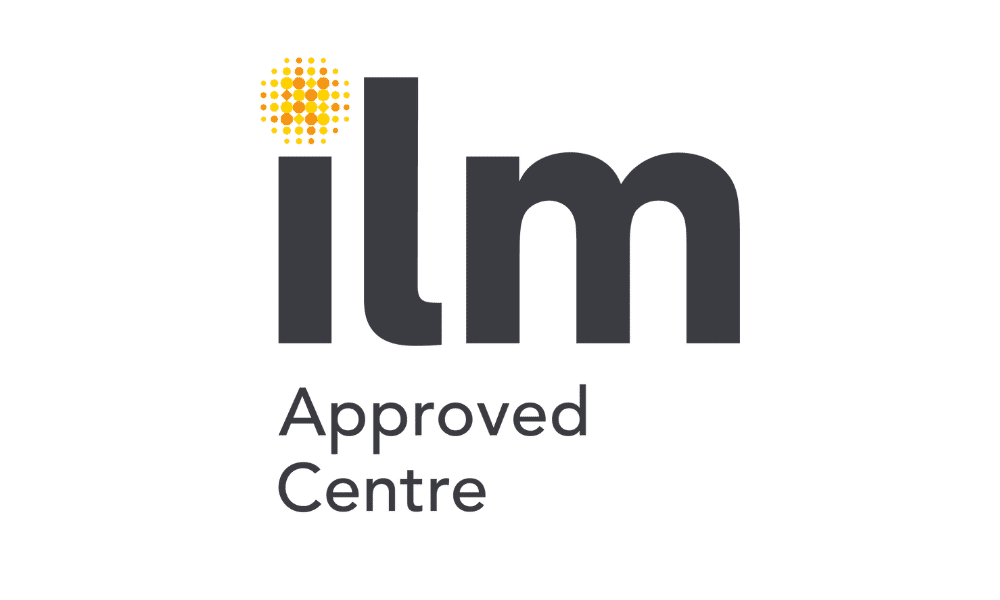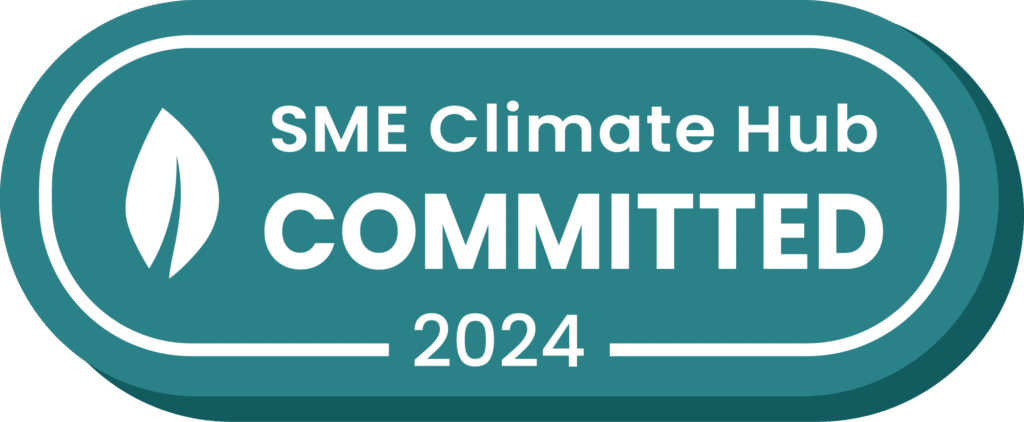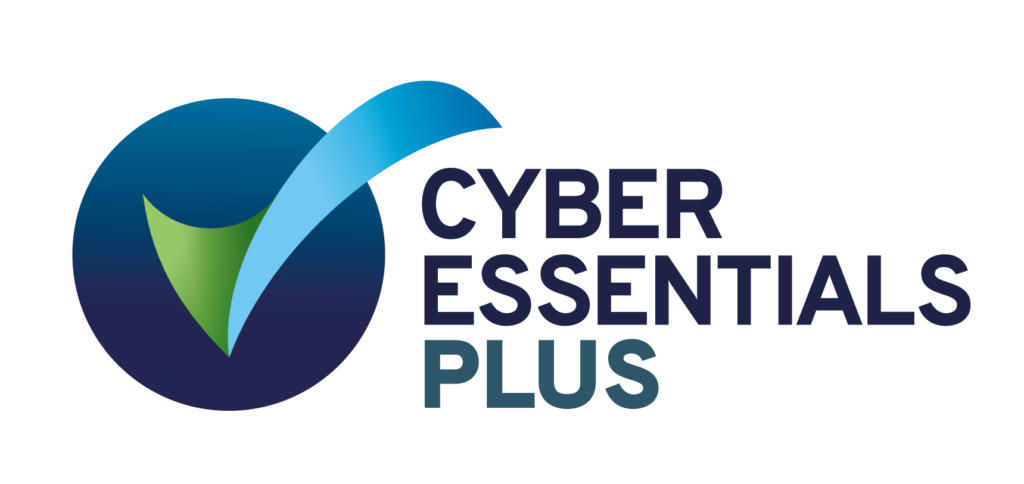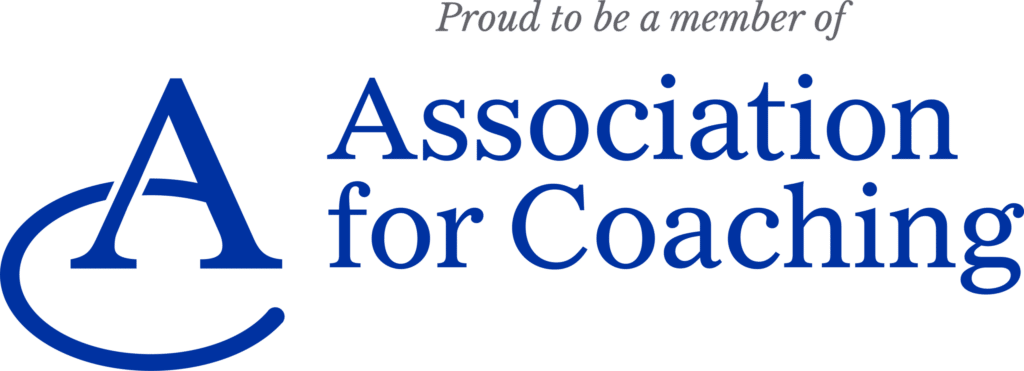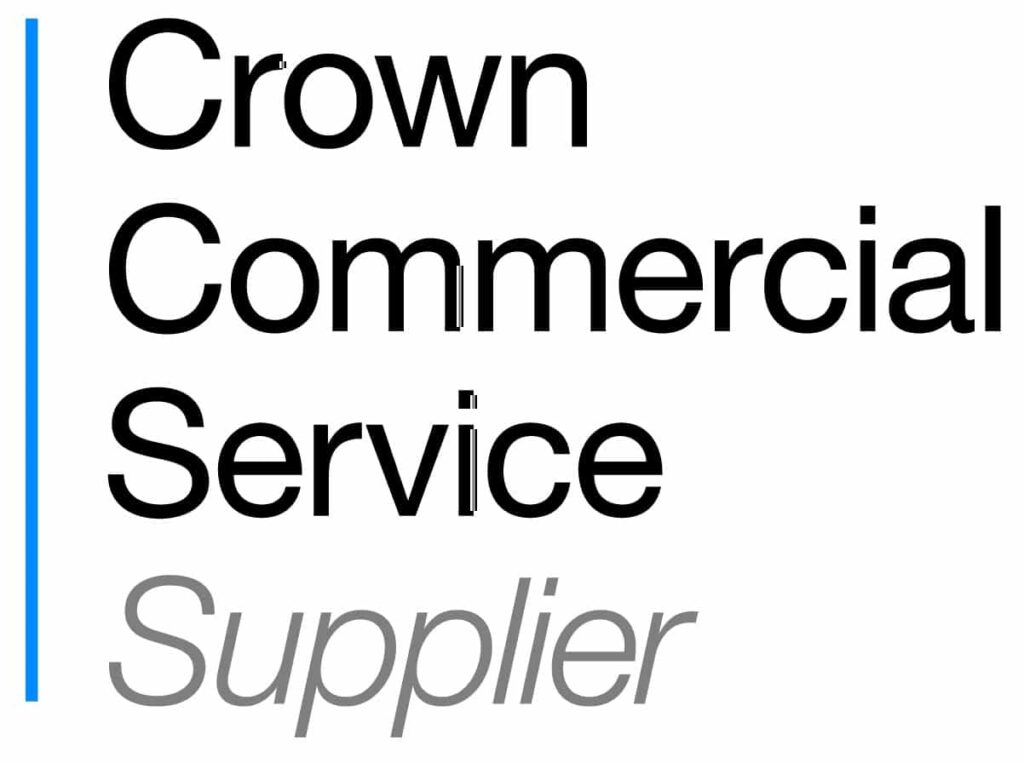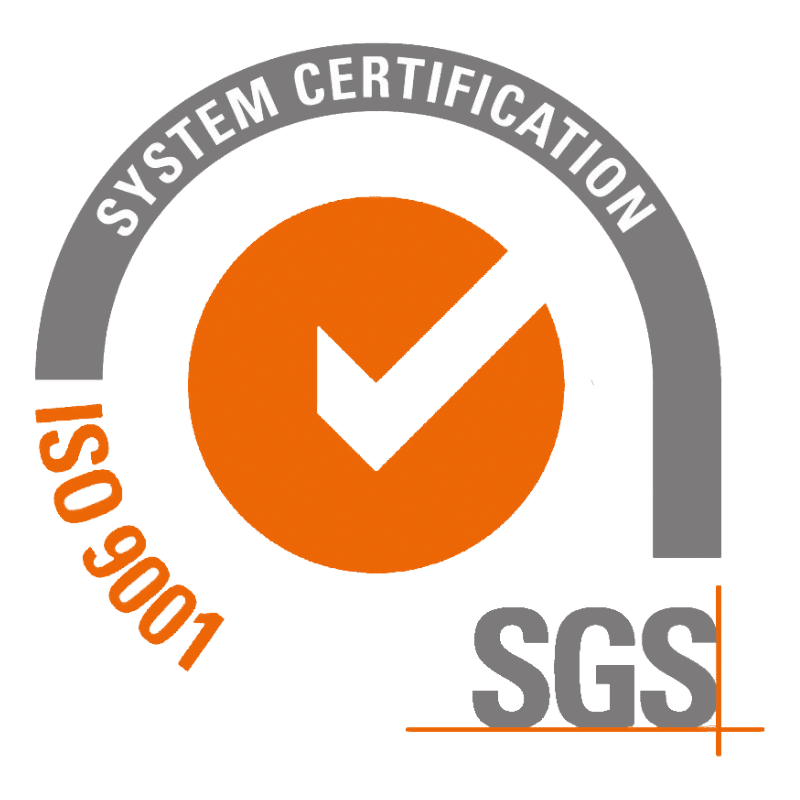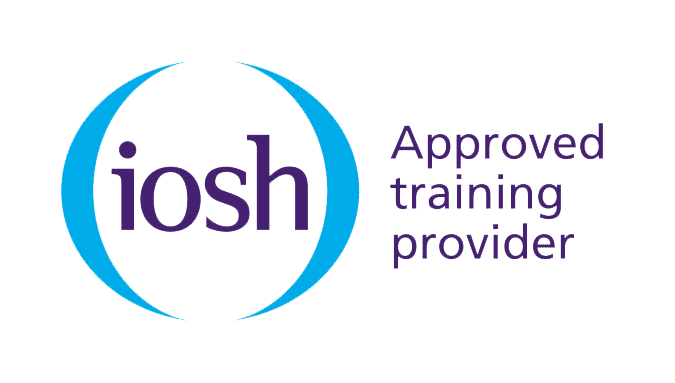‘Positive Learning Through Uncertain Times’ Programme
Context
Established in 2018, UK Research & Innovation (UKRI) brought together seven Research Councils, representing the largest reform of the research and innovation funding landscape in 50 years and now operating as an independent non-departmental public body with a combined budget of more than £6 billion. Their remit is to ensure that the United Kingdom maintains its world-leading position in research and innovation by creating the best environment for it to flourish.
Much like many organisations worldwide, UKRI implemented new hybrid ways of working in the aftermath of the COVID-19 pandemic. Having developed effective skills and ways of working whilst their teams were working from home full-time (in line with Government rules or guidance), UKRI’s line manager population needed to consider how they would lead and manage individuals and teams in a hybrid environment.
Requirement
In December 2021, UKRI published a requirement for a programme of learning workshops to be called ‘Positive Learning Through Uncertain Times’. This project would support leaders (grade 7 to SCS1) with learning and development to help them lead their teams through an initial ‘evaluation phase’ of hybrid working, as well as to navigate the complexity and ambiguity created by the COVID-19 pandemic. The ideal workshops would balance theory and practical application, and provide space for the sharing of challenges and the discussion of what has worked vs. what has not.
Overall programme objectives were given as:
- To deliver an understanding of the complexity and uncertainty VUCA (Volatility, Uncertainty, Complexity and Ambiguity) approach to thinking and approaching solutions
- To facilitate exploration of own styles of leadership and learn how to adapt to lead teams in a hybrid environment including where appropriate psychometric diagnostics for leaders
- To equip leaders with knowledge and tools to help them navigate and support teams through change
- To facilitate working through leadership challenges in collaboration with colleagues to help support strategy and manage change
- To provide the opportunity to identify personal learning and create a development plan in order to develop knowledge, and skills for the future, UKRI require bidders to provide some structure and support colleagues during the workshops to develop them
And, as programme outcomes, UKRI stated a requirement that their leaders and managers would have:
- An understanding of the complexity and uncertainty (VUCA) approach to thinking and approaching solutions
- A better understanding of their own leadership styles and what they need to do adapt to in order to lead in a new environment of hybrid working
- A better understanding of how to lead teams in a hybrid environment
- Knowledge of the theory of change and the practical steps to take as a Leader and manager to support themselves and their teams through change
- Had an opportunity to work in collaboration with colleagues on leadership challenges to support the way forward and create a peer support network for the future
- Created a personal learning and development plan identifying areas to work on with goals and targets
Logistically, UKRI required ‘pilot’ delivery of the full programme to 450-750 staff, in cohorts of 15 participants, between January and March 2022. The supplier would be required to manage course bookings and cancellations.
Solution
Following a competitive ‘Mini-Competition’ tender exercise (within an existing Government procurement framework), Eliesha was awarded the contract to deliver this programme of workshops. Following an in-depth scoping exercise to expand on UKRI’s requirements, three workshops were designed by Eliesha’s subject matter experts, put through a thorough quality assurance process by our contract team, and approved for delivery by UKRI’s project owners/stakeholders. The three workshops were titled Leadership in VUCA Times, Leading Teams in a Hybrid Environment and Leading and Supporting Teams through Change.
Design was wholly original and bespoke, as befit a relatively emerging branch of leadership development (i.e., that of leading and managing in a ‘hybrid’ working environment). This also meant that UKRI’s stated objectives and outcomes could be woven into learning content and practicalities. Eliesha’s proposed solution of fully virtual delivery, due to the compressed timeframe and wide geographic spread of learners, was accepted by UKRI as the most practical and effective solution, in part because of our ability to demonstrate a robust, engaging and psychologically safe Virtual Learning Environment (VLE) within the Zoom client.
Managing administration centrally and providing an intuitive online booking system directly to UKRI’s learners, Eliesha arranged and delivered 137 workshops over a 7-week period – generating strong attendance figures throughout. Of 2,192 total learner spaces, 1,653 were taken up and, of these, 85% were attended.
“I have been a manager/leader for 35+ years and regard myself as being very good at all aspects of leadership/management. However, the three courses were very interesting and helpful in that they defined formal frameworks against which I could place my existing expertise and experience which has given me new insights.” – Employee & Learner, UKRI
Outcome
UKRI’s project owners and stakeholders reported strongly positive informal feedback from their learners for learning content and delivery and expressed great satisfaction with the level of contract administration, customer service and operational efficiency they received – particularly for a programme that was procured, designed and delivered in a tight timeframe.
Evaluations forms showed a significant transfer of knowledge with Leadership in VUCA Times, for example, showing an average of 52% growth in knowledge. Additionally, 80% of participants found the course ‘excellent’ overall.
Eliesha’s experienced trainers met managers who expressed that the learning was totally new to them, some of whom needed a refresh on previous learning and many of whom appreciated the workshops, content and opportunity to share learning and experiences with other UKRI participants they would not normally get chances to engage with. This was particularly important for UKRI managers in a period of continuing turbulence and unpredictability.
